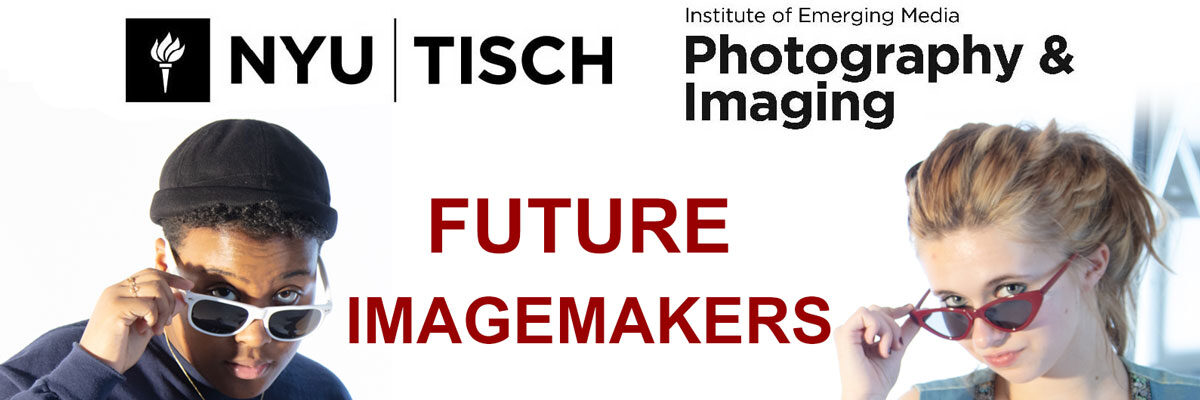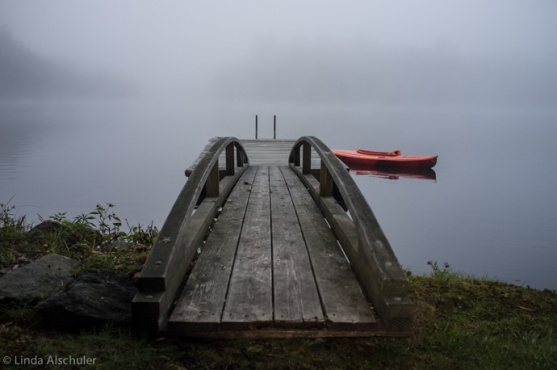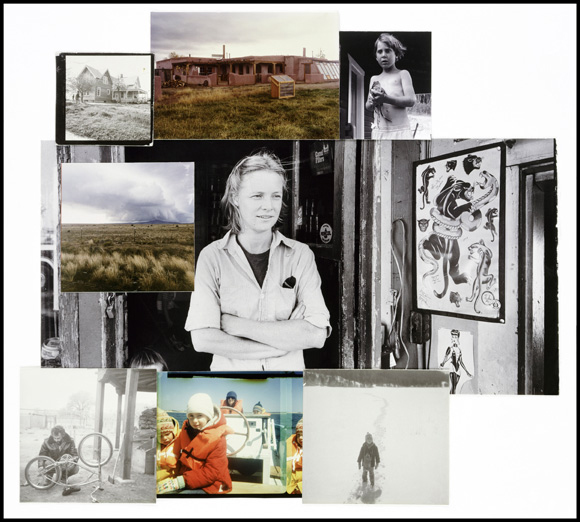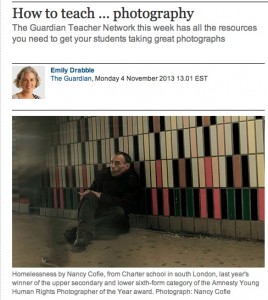One of the coolest opportunities I have ever come across for photography summer programs for high school students is the Maine Media Workshop. The way it works is a student applies for a twelve week residency (there are shorter options if you cannot spare the whole summer) that they will devote to a specific category of photography. Some of the choices include: Digital Photography & Printmaking, Traditional B&W Printmaking, Alternative & Historic Processes & Printmaking, Fine Art Photography, Documentary & Photojournalism, Nature, Landscape, & Travel Photography, and Commercial & Studio Photography. If accepted into the program the student is given a mentor that is an expert in the category they chose. The student will spend their twelve weeks being taught one on one by this mentor as well as attending master classes and workshops. When they are not in class or meetings they can spend their time on the beautiful Maine campus near the sea and develop a project to work on for the summer. They also can choose to design a program that combines multiple categories if they cannot pick just one. It is open to all levels and allows the student the opportunity to escape the demands of real life and focus on developing their craft and a fully realized project that they can use for a portfolio.
To learn more about the program and how to apply visit:
www.mainemedia.edu/workshops/photography/photography-residency
To see work produced by previous students:




